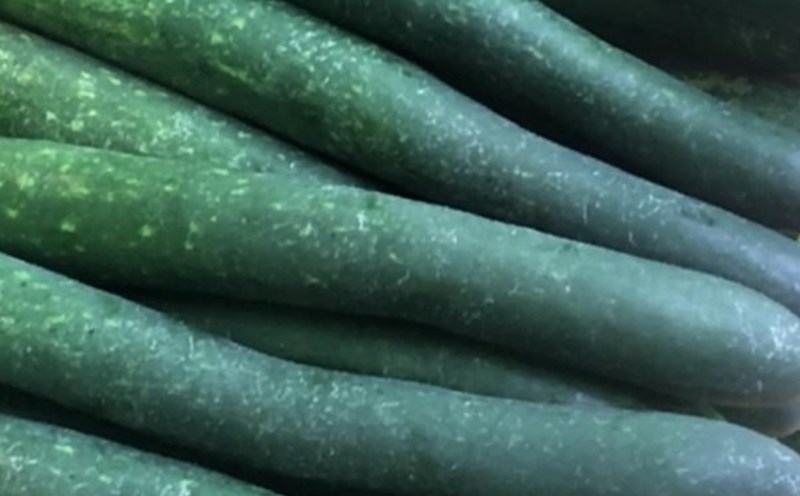Green tea is rich in catechin - especially EGCG (epigallocatechin gallate) - a powerful antioxidant that can protect skin cells from the effects of UV rays.
EGCG helps reduce DNA damage, reduce skin inflammation and slow down the formation of wrinkles.
Drinking green tea regularly helps strengthen the skin's natural barrier against oxidants, while helping to reduce the formation of free radicals in the sun.
Turmeric: Curcumin in turmeric has outstanding antioxidant and anti-inflammatory properties. A study from the International Journal of Molecular Sciences (2023) found that curcumin has the ability to inhibit the enzyme MMPs - an enzyme that destroys collagen when exposed to UV rays, thereby helping to preserve skin structure and slow down aging.
Turmeric also promotes skin recovery after sunlight and lights up dark skin areas.
Licorice root: Licorice contains glabridin - a natural compound that inhibits tyrosinase, thereby reducing melanin production, limiting melasma and freckles after exposure to sunlight.
According to the American Journal of Dermatology (AAD), licorice extract is considered one of the safest natural skin lightening active ingredients today.
In particular, glabridin is non-irritating and is suitable for sensitive skin.
Rosemary contains Rosmarinic and carnosic acid - two antioxidant compounds that can protect the skin from sun damage and inhibit the inflammatory response after sunlight.
A study by the Center for Preventive Medicine, Kyoto University (Japan) found that rosemary extract helps reduce skin cell damage caused by UVA rays by up to 30%.
Rosemary also has the effect of tightening the skin, reducing oiliness and fighting inflammatory acne - factors that affect healthy skin.
Chamomile: Chamomile extract is rich in apigenin - a flavonoid that has anti-inflammatory, soothing and anti- skin irritation effects after exposure to sunlight. Apigenin also helps restore the skin's lipid layer, moisturize and increase resistance to UV rays.
Chamomile also helps reduce redness, light sunburn and helps restore sensitive skin.
The above herbs have been scientifically proven to have the effect of supporting internal sun protection and naturally protecting the skin.
Although sunscreen cannot be completely replaced, when regularly supplemented in the diet or skin care, these herbs can help the skin become healthier and recover better from sun damage.
Users should choose herbal extracts of clear origin, or consult a dermatologist before using any topical ointments.











